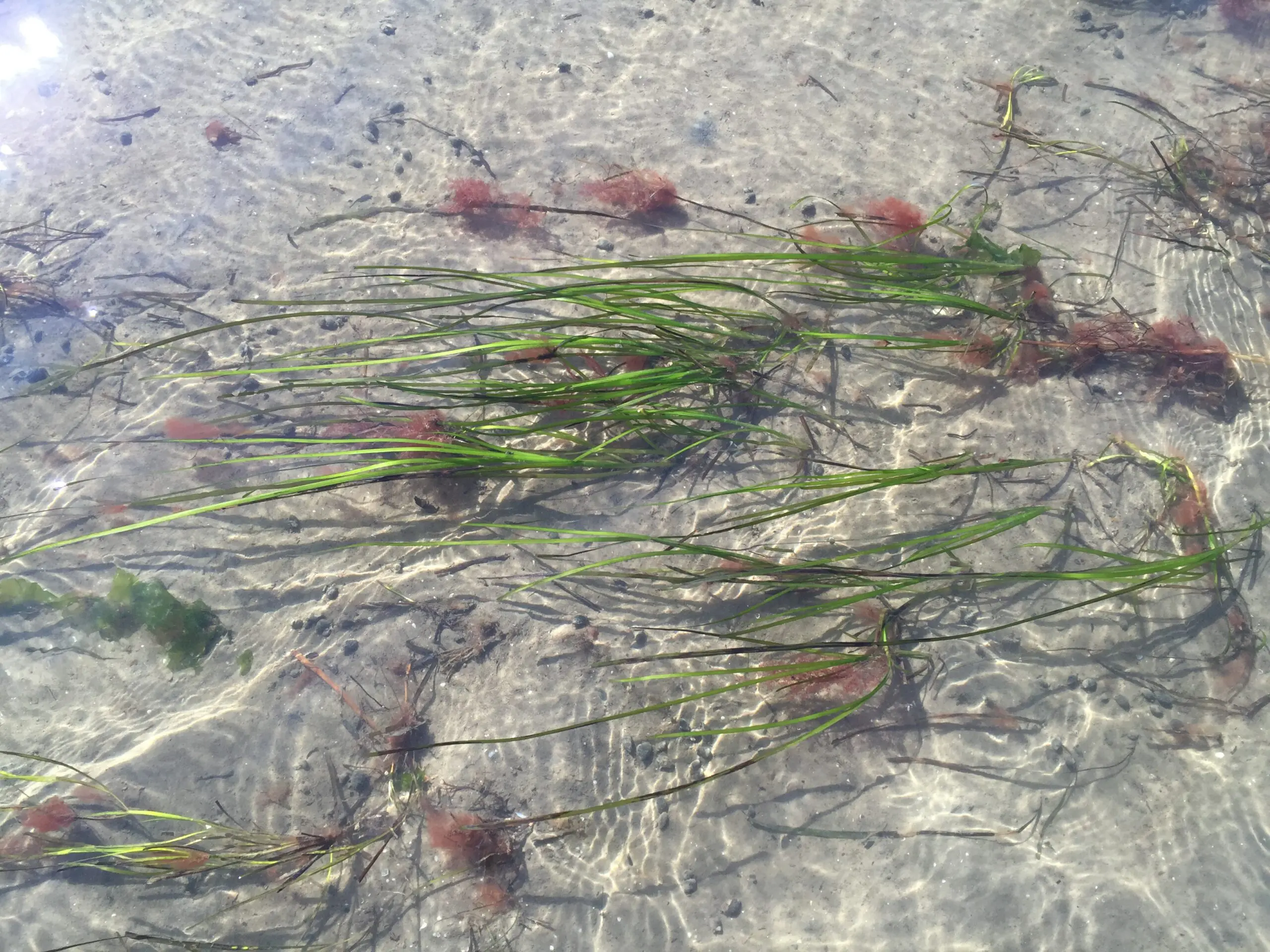Q: What’s more important for complex ecosystem questions? Having local expertise or external expertise?
A: Your best bet is to have both!
PREP has long been committed to weaving together local and external expertise to produce the most credible science and management recommendations possible. Recently, our external expert panel has grown; the current roster of external scientific experience represents over 100 years studying estuaries from all over the world!
Jud Kenworthy (retired scientist, NOAA) continues to work with our community, having been involved in various peer review efforts on the Great Bay Estuary since 2013. Brian Howes (U. Massachusetts, Dartmouth) has worked on Great Bay Estuary issues off and on over the past five years and now joins us in a more official capacity. Finally, we’re excited to announce that Simon Courtenay of the University of Waterloo, Canada, will join the team. This is the first time we’ve had a non-United States member of the team. It’s also exciting to have an expert from our North. Dr. Courtenay has worked on estuaries near the provinces of New Brunswick and Prince Edward Island, which have some important similarities with our system.
So, what will these three experts do? First, they will review and provide comment on drafts of the next State of Our Estuaries Report, which will be developed in the Spring of 2022 and released in December 2022. Second, they will work with PREP’s Technical Advisory Committee to review our current monitoring approach and suggest modifications. Third, these three experts will participate in the 3-year “Eelgrass Resilience” project, recently funded by NOAA and led by UNH Scientists, PREP and the Great Bay National Estuarine Research Reserve.
Funding to pay for the external experts comes from PREP as well as the Municipal Alliance for Adaptive Management.

